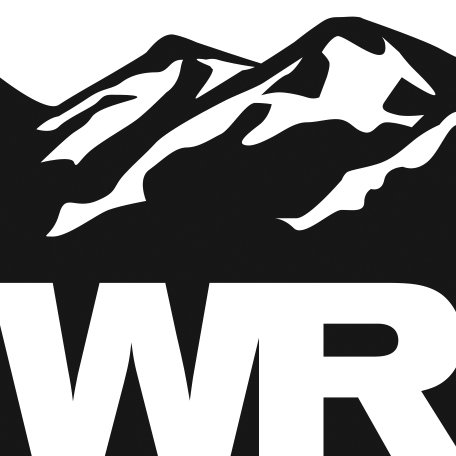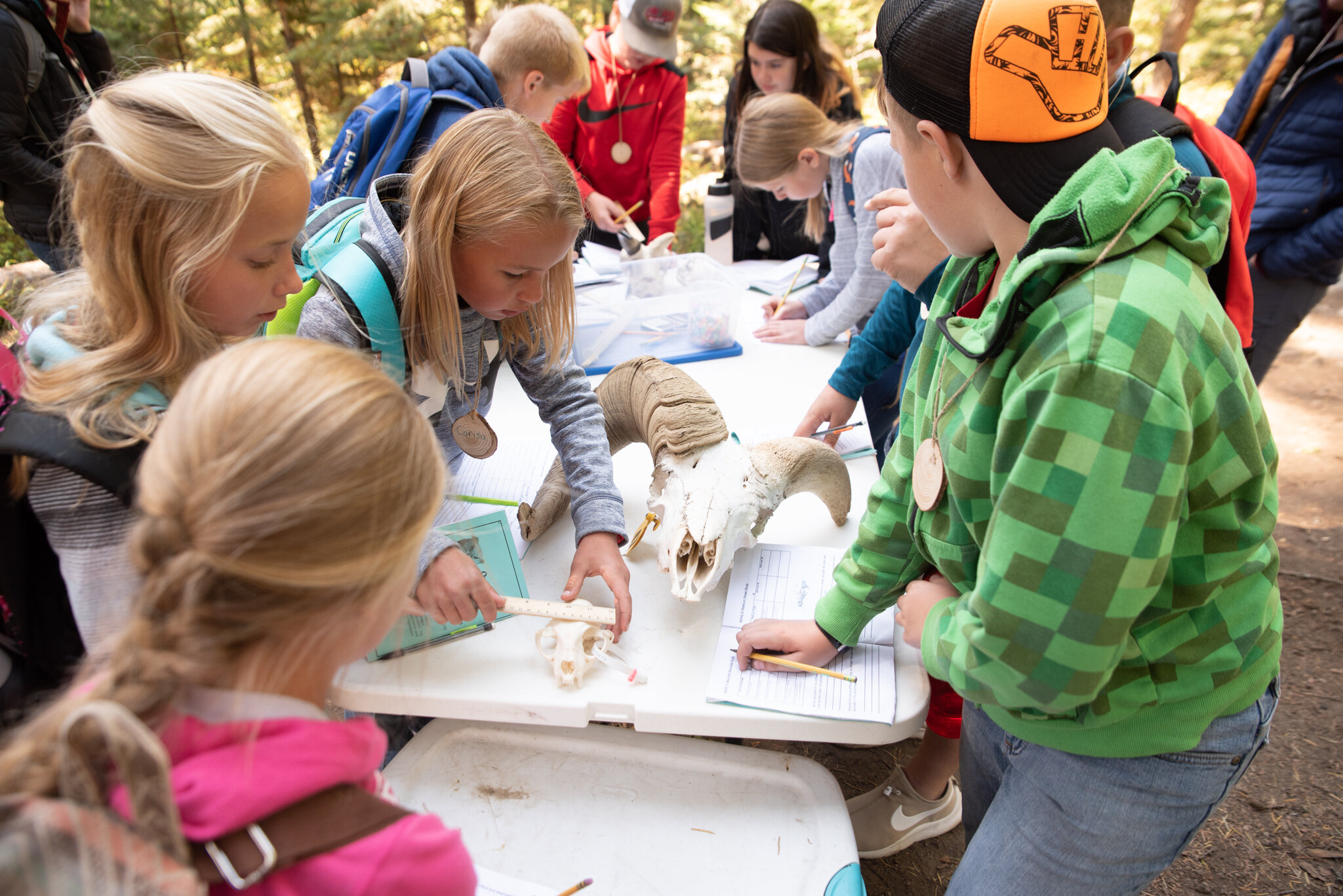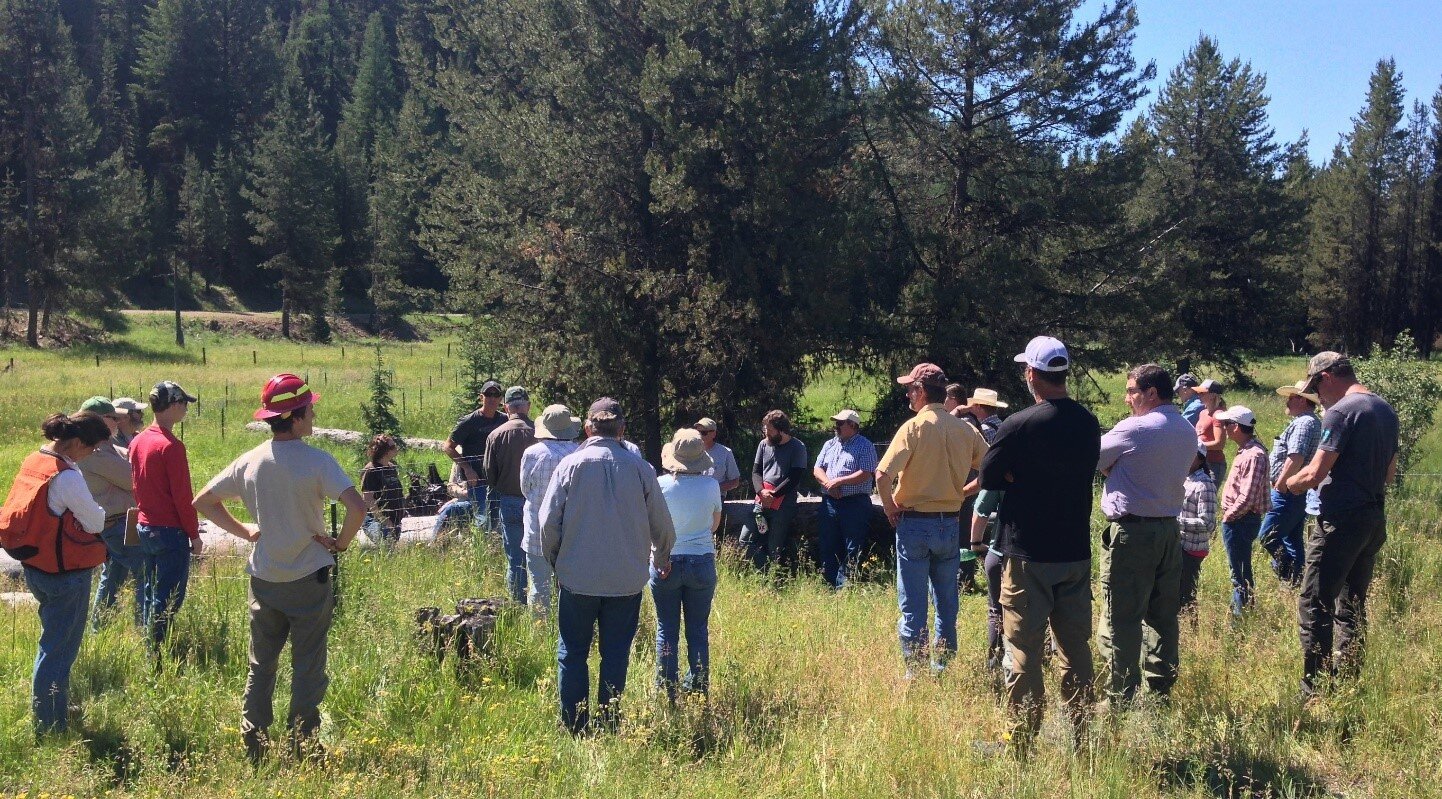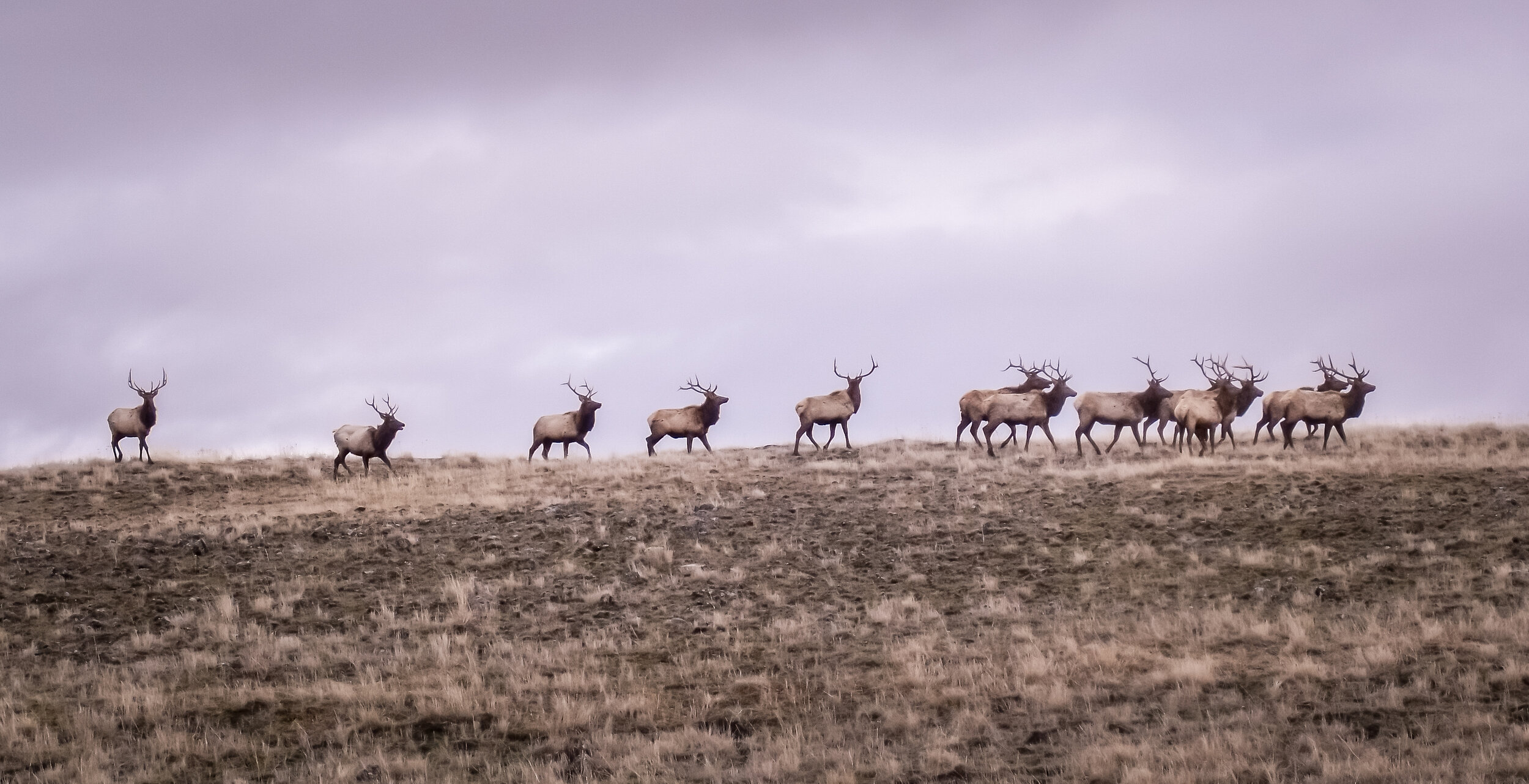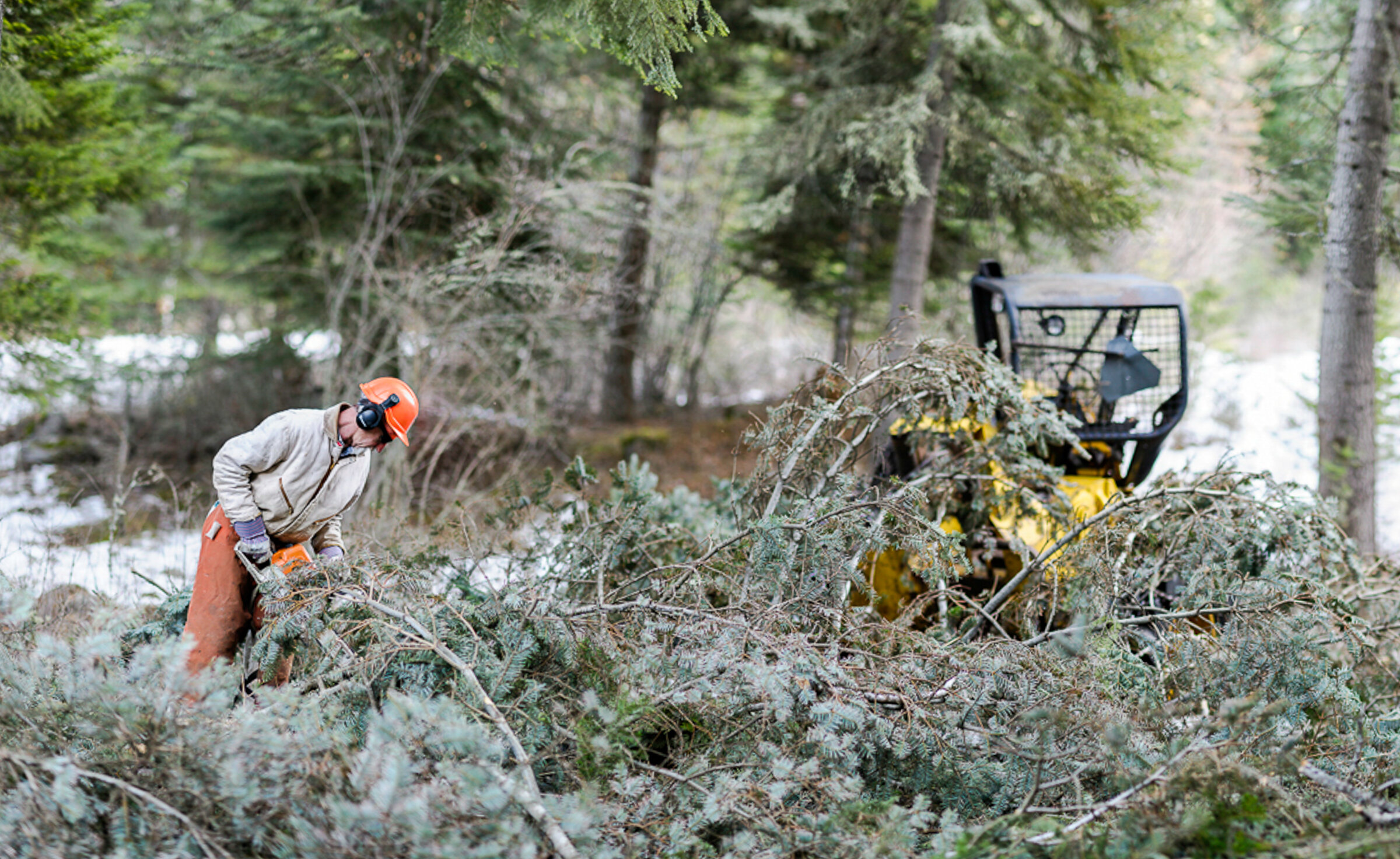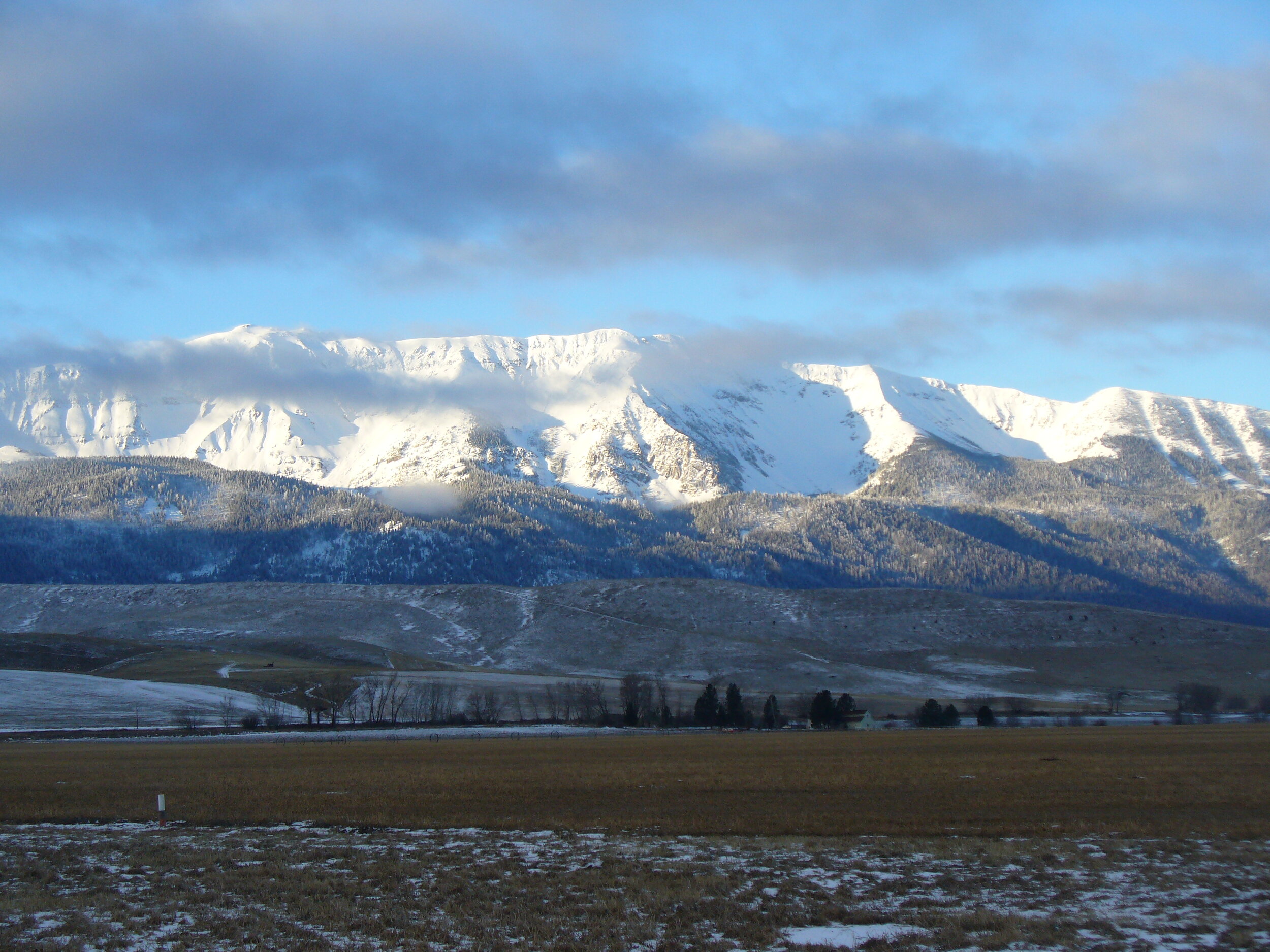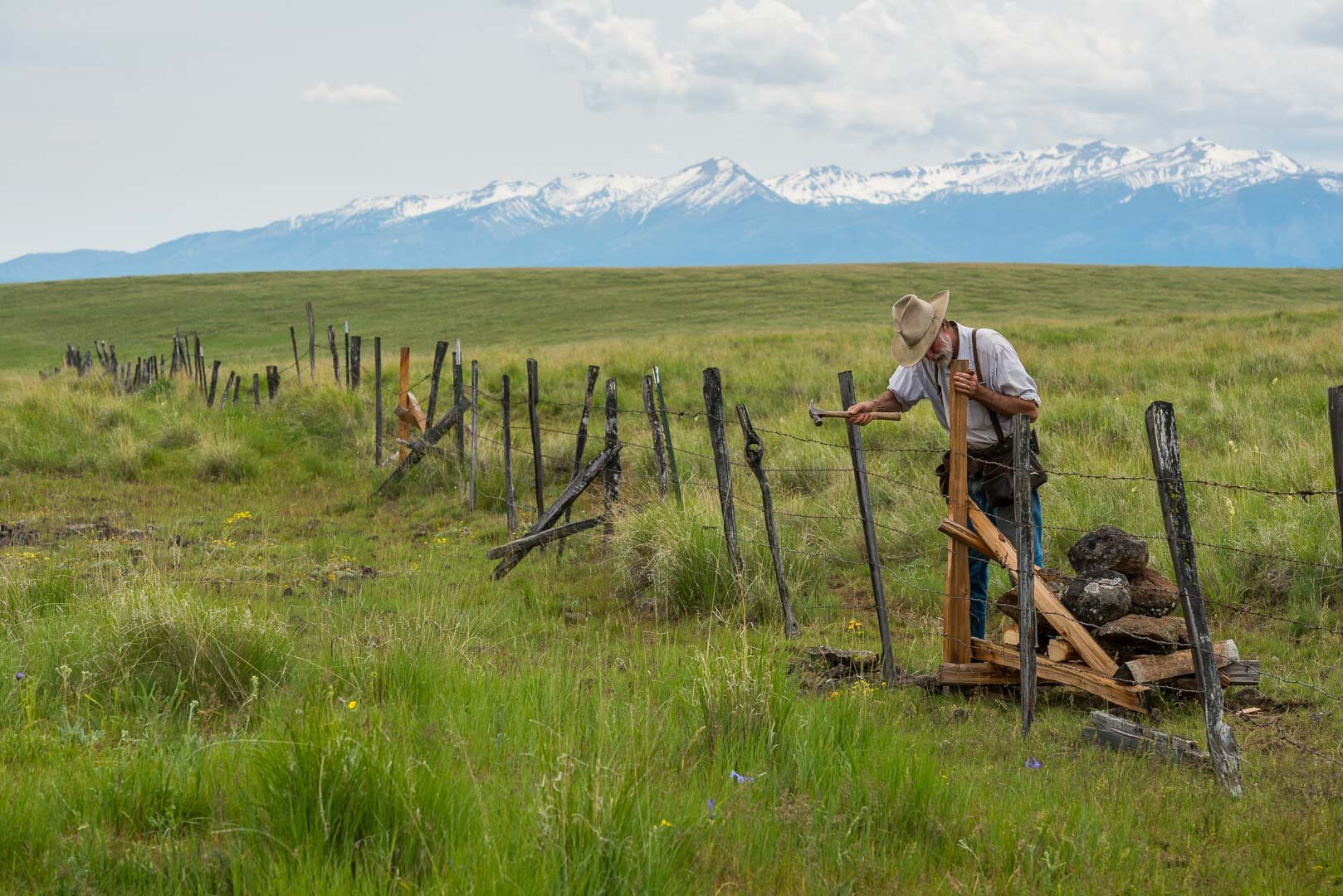Our Mission
Thriving rural communities need strong economies, wholehearted commitment to taking care of the land and water, and top-notch learning opportunities. Our mission is to empower rural communities to create strong economies and healthy landscapes through land stewardship, education, and job creation. We accomplish this by working together with the community, partners, and you.
Investing in people and the land since 1996
who we are
Since 1996, we have enhanced opportunities on our forests and grasslands while caring for the land and water for future generations. Thriving rural communities must have strong education opportunities, a commitment to taking care of the land and water, and diverse, locally-owned businesses. We work with public and private partners to support Wallowa County and other rural communities in northeast Oregon.
HUMBLE BEGINNINGS
In 1996, due to changes in national forest management, the sawmills shut down and 20% of the workforce lost their jobs overnight.
In the back room of a bakery, a group of local citizens came together to create a new community organization to deal with this abrupt economic downturn–Wallowa Resources.
Since then, we have invested time, money, and effort in taking care of Wallowa County’s land and community. We educate the next generation. We put local people to work. We share our successes–and our failures–so that we can learn from each other. We work to revitalize rural communities, especially Wallowa County. Our response to that founding crisis became a national model for community-based solutions.
What is a Stewardship Economy?
In 1996, leaders in Wallowa County created Wallowa Resources, a new community-based nonprofit to support a collective effort of private landowners, local businesses, county government and others to sustain and enhance the County’s natural resource economy. While the initial priority was to ensure displaced forest and mill workers found new, meaningful and rewarding work – it soon became clear that a broader economic vision and plan was needed. This new vision must mitigate the slow erosion of rural communities resulting from the increased concentration of business creation, jobs, and wealth in urban areas.
In response, Wallowa Resources, and partners across the Pacific Northwest, are forging this new vision for rural places – one based on the skills, custom and culture of each place that responds to new market opportunities. We call this the Stewardship Economy – an economy shaped by the need, and responsibility, to manage for the sustainability of both land and communities. This work requires innovative and adaptive strategies that maintain and enhance the productivity and profitability of our working landscapes, while sustaining the quality and diversity of wildlife habitat and ecosystem services. The model seeks to ensure that the rural workforce and landowners are compensated for delivering high quality food, fiber, and renewable energy – as well as healthy, open landscapes.
It also recognizes the need to forge new relationships between rural and urban centers – and build off the existing connections offered by food and recreation – to nurture strong interest in land and community stewardship essential to motivating new investment and public policy. A new social contract centered on a stewardship economy will allow rural places to thrive, while continuing to deliver value to the rest of the country.
Our Values
We believe it is imperative to promote and foster cultures invested in the long-term stewardship of rural communities and lands. Wallowa Resources remains committed to the founding ideals of the United States of America, including the dignity, liberty and equality of all people. Therefore, we support, and will work to uphold those ideals.
In Wallowa County, we are rightly proud of our sense of community, our friendships that span political and other divides, and the tremendous support given to our neighbors in need. However, challenges do exist, and there are times when individuals may feel excluded or overlooked. As community leaders, we are committed to fostering an environment where everyone feels valued, respected and included. Our goal is to ensure that all individuals have the opportunity to contribute, participate, and thrive within our community. We believe it is our duty as leaders in our community to honor and respect the value of every individual and ensure all are welcomed and benefit from all this community has to offer.
Wallowa Resources seeks to be a model within our community in how we live up to these beliefs and values and we remain committed to partnering and serving every individual and group that could benefit from our programs.
We remain committed to upholding our core principles of fairness, integrity, and inclusivity in our governance, staffing and operations. A resilient community should support the economic betterment of all its members.
We will seek to lead by example as we continually innovate, problem solve, collaborate and actively listen and evaluate our practices to identify pathways to to advance durable land and water stewardship, economic development, and education in our community.
We will work with and empower our community leaders to give them access to the necessary tools, resources and networks to create positive change.
Finally, we will continue to celebrate and support the rich natural and cultural history here in Wallowa County and across NE Oregon.
